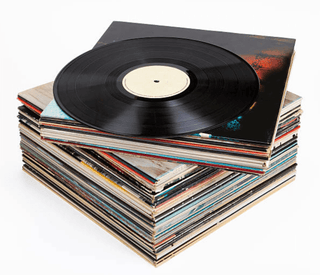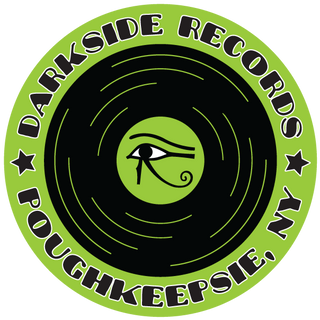SWR Vokalensemble- Bortniansky, Schnittke & Vedel: Choir Concerto

The Russian Revolution of 1917 and the subsequent Cultural Revolution did everything in their power to destroy the influence of religion in the Russian Empire. Sacred music was publicly forgotten in the process. Although Schnittke, whose German-born father emigrated to the Soviet Union in 1926, was atheistically influenced by the state education system, he believed spiritually in "something greater". In 1982, he was baptized a Catholic, and shortly before his death he was accepted into the Orthodox Church. The search for a religious identity can also be traced in his works. Vedel and Berezovsky are among the most important composers of Ukrainian classical music of the 18th century. Little is known about Vedel's life. The works attributed to him, including 31 choral concertos, are all set to liturgical texts or Bible verses. In these works, the traditions of the Orthodox church music of his homeland, Ukrainian baroque tradition and folk songs merge with a new Western European operatic and instrumental style. Bortniansky is highly credited with bringing the genre of the sacred concerto to fruition. Consisting of psalm verses set to music, which were sung during the Eucharist in church services, it's purpose at the time was far-reaching: as a universal genre, it was the highlight of the Orthodox liturgy, an adornment of the state ceremony and also intended for a kind of domestic music-making. In the Western repertoire, it comes closest to the instrumental concerto grosso, with the difference that no instruments are permitted in the Orthodox service.
The Russian Revolution of 1917 and the subsequent Cultural Revolution did everything in their power to destroy the influence of religion in the Russian Empire. Sacred music was publicly forgotten in the process. Although Schnittke, whose German-born father emigrated to the Soviet Union in 1926, was atheistically influenced by the state education system, he believed spiritually in "something greater". In 1982, he was baptized a Catholic, and shortly before his death he was accepted into the Orthodox Church. The search for a religious identity can also be traced in his works. Vedel and Berezovsky are among the most important composers of Ukrainian classical music of the 18th century. Little is known about Vedel's life. The works attributed to him, including 31 choral concertos, are all set to liturgical texts or Bible verses. In these works, the traditions of the Orthodox church music of his homeland, Ukrainian baroque tradition and folk songs merge with a new Western European operatic and instrumental style. Bortniansky is highly credited with bringing the genre of the sacred concerto to fruition. Consisting of psalm verses set to music, which were sung during the Eucharist in church services, it's purpose at the time was far-reaching: as a universal genre, it was the highlight of the Orthodox liturgy, an adornment of the state ceremony and also intended for a kind of domestic music-making. In the Western repertoire, it comes closest to the instrumental concerto grosso, with the difference that no instruments are permitted in the Orthodox service.



